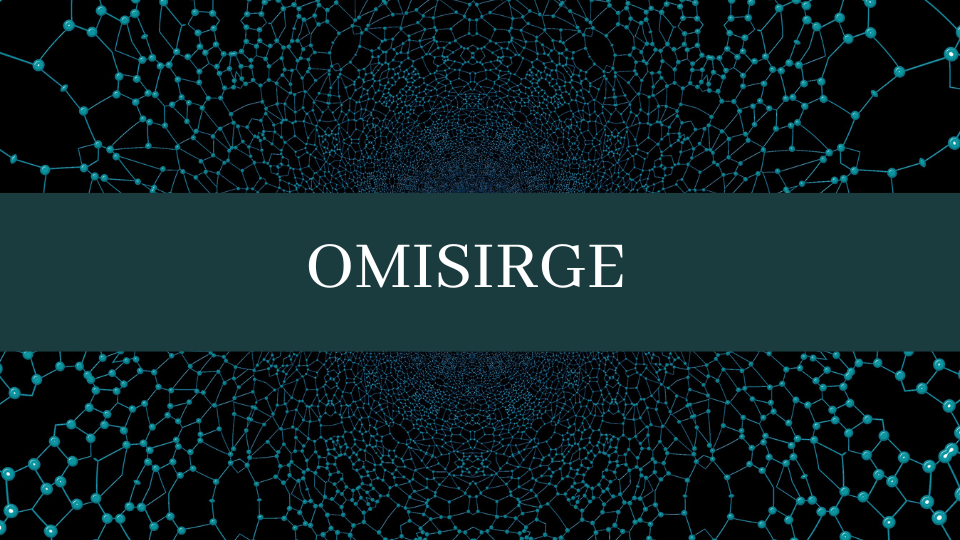Introduction:
Omisirge, the revolutionary stem cell therapy developed by Gamida Cell, has recently received FDA approval and is poised to revolutionize the post-HCT (hematopoietic stem cell transplantation) journey for patients with blood cancers. With its ability to expedite neutrophil recovery and lower the risk of infections, Omisirge has captured the attention of healthcare professionals. Let's dive deeper into the insights gained from a survey conducted with oncologists, shedding light on their first impressions and experiences with Omisirge.
Unveiling the Survey Findings:
In a survey conducted with 25 oncologists, it was revealed that over 40% of respondents were already aware of Omisirge. Their initial impressions were overwhelmingly positive, highlighting the potential game-changing impact of this therapy on post-HCT patients. Several key insights emerged from the survey, providing valuable insights into why Omisirge is considered a significant advancement in the field:
Accelerated Neutrophil Recovery: The majority of oncologists recognized Omisirge's ability to hasten the return of neutrophils, crucial white blood cells that defend the body against infections. This accelerated recovery can significantly reduce the time patients spend grappling with the adverse effects of myeloablative conditioning regimens.
"Sounds amazing in theory. Fast neutrophil revival and reduction in bacterial and viral loads."
"It will reduce the time to neutrophil recovery and can reduce the chance of infection."
Improved Overall Response Rates (ORR): A notable observation was that Omisirge's unique mechanism of action was seen as a potential enhancer of ORR and progression-free survival (PFS). This means that patients could have better outcomes in terms of treatment response and overall disease control.
Impressive Data Outcomes: Oncologists were impressed by the substantial data outcomes observed during clinical testing. Omisirge demonstrated higher rates of engraftment, lower rates of graft-versus-host disease (GVHD), and a decreased incidence of infections following transplantation. These outcomes serve as a testament to the therapy's efficacy and potential to reshape the post-HCT landscape.
"Overall, the data looks impressive."
The Need for Further Education: Some respondents indicated a desire for additional information and personal experience before fully embracing Omisirge. This cautious approach was driven by the therapy's potential severe side effects and reactions, emphasizing the importance of ongoing education and awareness within the medical community.
“I need time to learn about it through my personal experience, especially since it has the potential for severe side effects and reactions.”
The Power of Data and Clinical Trials:
The survey findings align with the robust data obtained from a randomized, multicenter phase 3 clinical trial published in Blood. The study, involving 125 patients with blood cancers, demonstrated the efficacy and safety of Omisirge. Notably, patients receiving Omisirge experienced faster neutrophil recovery, reduced infection rates, and improved overall outcomes compared to standard umbilical cord blood grafts. These data reinforce the potential of Omisirge to transform the post-HCT landscape and offer patients a more favorable prognosis.
Looking to the Future:
As Omisirge prepares for full commercial production and availability, the positive responses from oncologists in the survey provide encouraging support for its potential impact. The therapy's value proposition, including reduced healthcare resource utilization and improved patient outcomes, resonates with healthcare professionals and payers alike. With ongoing market research in pharma, continued education, and real-world evidence, Omisirge has the potential to become a pivotal player in stem cell therapy for blood cancers.
Explore ZoomRx's Launch Excellence blog series for more articles on new launch drugs and stay up-to-date on the latest developments in healthcare innovation.


